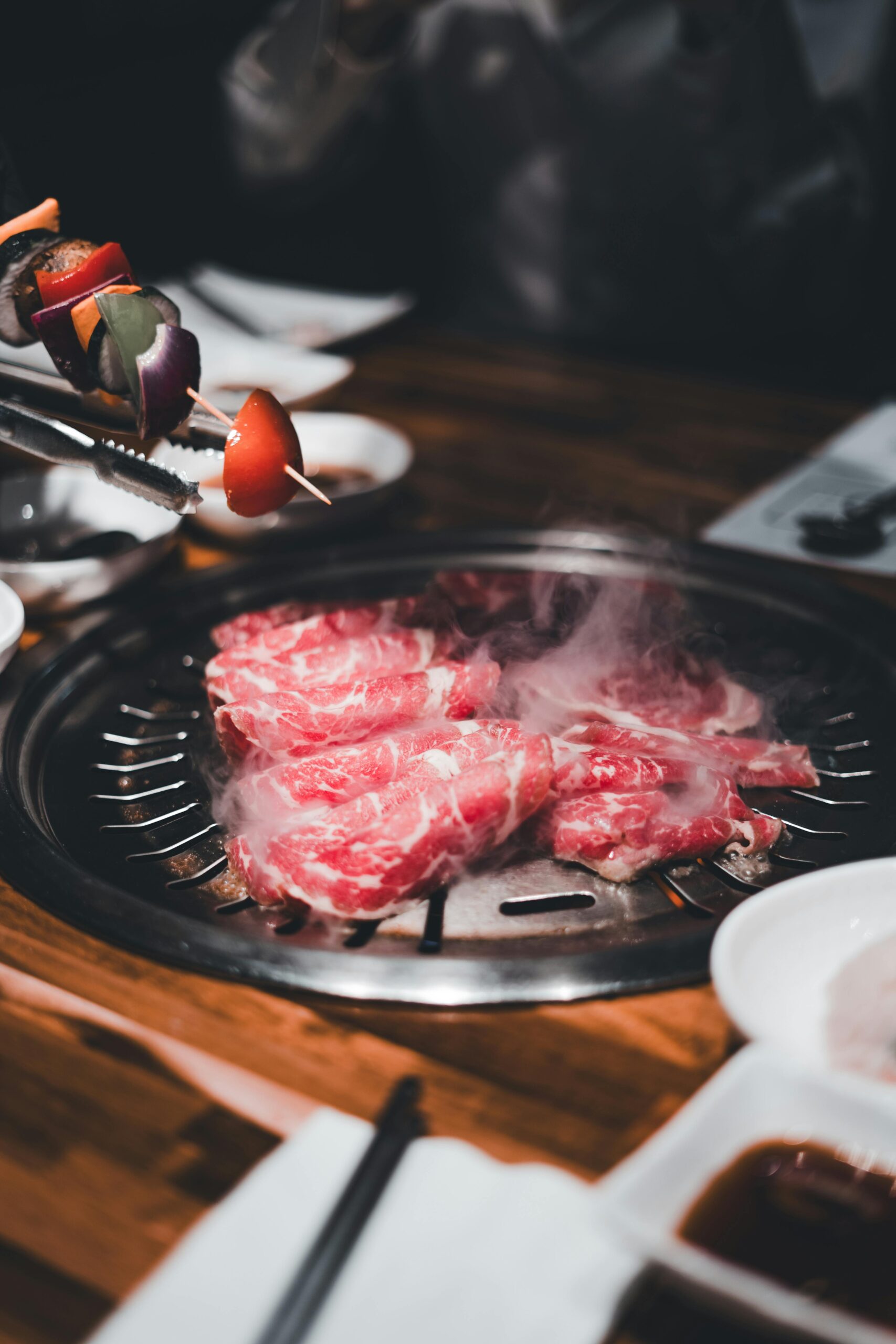Exploring the Flavours of Korea in London’s Olympic Stadium Area
London’s Olympic Stadium, a hub of sport and culture, is also home to an unexpected culinary gem: a thriving cluster of Korean eateries. From sizzling barbecue joints to cozy cafés serving tteokbokki (spicy rice cakes), this area has become a magnet for food lovers seeking authentic Korean flavours. Over the past decade, the rise of Korean pop culture and a growing appetite for bold, fermented flavours have transformed the neighbourhood into a microcosm of Seoul’s bustling food scene. This article delves into the standout restaurants, their signature dishes, and how they blend tradition with innovation. Whether you’re a kimchi devotee or a newcomer to Korean cuisine, prepare to discover why these eateries are winning hearts—and stomachs.
The Rise of Korean Cuisine in East London
East London’s culinary landscape has evolved dramatically, with Korean food carving out a significant niche. The Olympic Stadium area, revitalized after the 2012 Games, attracted diverse businesses—including family-run Korean restaurants. Many were founded by expatriates eager to share their culinary heritage, leveraging London’s openness to global flavours. Restaurants like Seoul Stone and Bibim Bowl began as modest ventures but gained traction through word-of-mouth praise for their homestyle dishes. Today, the area is a pilgrimage site for fans of banchan (side dishes) and soju cocktails, reflecting how Korean cuisine has transcended “trend” status to become a staple of London’s food culture.
Must-Visit Eateries and Their Star Dishes
- Gogigui Grill: A barbecue hotspot where diners grill marinated galbi (short ribs) at their tables. The smoky aroma and interactive dining experience make it a favourite for groups.
- Kimchi Chronicles: Known for its vegan-friendly bibimbap and house-fermented kimchi, this spot emphasizes organic ingredients and traditional fermentation techniques.
- K-Town Street Food: A casual stall offering hotteok (sweet pancakes) and kimbap (seaweed rice rolls), perfect for a quick, flavorful bite before events at the stadium.
Each venue tells a story through its food, whether via generations-old recipes or modern twists like bulgogi tacos.
A Taste of Tradition: Fermentation and Family Recipes
At the heart of these eateries lies a reverence for fermentation—a cornerstone of Korean cuisine. Restaurants like Jang Kitchen age their gochujang</i (chili paste) for months, achieving a depth of flavour that mass-produced versions lack. Meanwhile, Grandma’s Table serves jjigae (stews) using recipes passed down through decades, simmered with doenjang (soybean paste) made in-house. This commitment to tradition isn’t just about taste; it’s a cultural bridge, connecting diners to Korea’s agrarian roots and the patience required to craft these complex flavours.
Community and Culture Beyond the Plate
These eateries aren’t just feeding locals—they’re fostering community. Many host K-pop nights, cooking workshops, or Lunar New Year celebrations, creating spaces where food and culture intersect. Hangang Market, a weekend pop-up near the stadium, pairs food stalls with live traditional music, turning meals into immersive experiences. For owners, it’s about more than profit; it’s about preserving identity in a global city. As one chef remarked, “When someone tries my kimchi-jjigae, I want them to taste the care—and the history—in every spoonful.”
A Culinary Journey Worth Taking
From fiery stews to communal barbecue, the Korean eateries near Olympic Stadium offer more than a meal—they provide a gateway to Korea’s rich culinary traditions. This article has highlighted how these venues balance authenticity with innovation, celebrate fermentation, and build community through food. Whether you’re drawn by curiosity or nostalgia, each bite tells a story of migration, adaptation, and passion. As London’s appetite for global cuisine grows, these restaurants stand as a testament to how food can transcend borders. So next time you’re near the stadium, skip the usual fare and let your taste buds embark on a journey to Seoul—no passport required.
